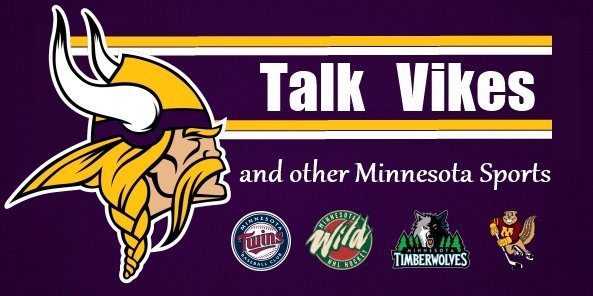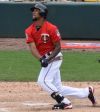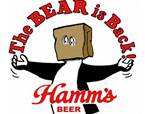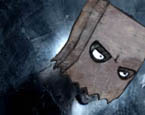twinsfan
Posts: 66310
Joined: 12/21/2009
Status: offline

|
Regarding the “outer boundary” of the infield, where the dirt meets the outfield grass, MLB will be paying attention to dirt in a way it never has before.
The outfield boundary is defined in the rule book as a 95-foot radius drawn from the center of the pitcher’s rubber, and each infielder must have their feet entirely within the boundary (meaning on the dirt).
For the first time, the dirt area of the infield had to be adjusted over the offseason in several Major League parks in order to comply with the letter of the law and ensure uniformity league-wide. The radius will be measured and monitored by LiDAR technology to ensure all parks are in compliance.
Finally, you might be wondering what happens if a pitch and play go off even though a violation of the shift rule has been called by the umpire. The answer is that, as in football when teams can decline a penalty, the offensive team can advise the home-plate umpire to decline the penalty and accept the result of the play.
So if, say, a home run is hit on that pitch, the shift infraction is simply waved off.
You can position an outfielder as a “fifth infielder,” on either side of second base, and you can move a corner outfielder to the other side of the outfield if you want.
_____________________________
Wokewashed
|

 Printable Version
Printable Version













 New Messages
New Messages No New Messages
No New Messages Hot Topic w/ New Messages
Hot Topic w/ New Messages Hot Topic w/o New Messages
Hot Topic w/o New Messages Locked w/ New Messages
Locked w/ New Messages Locked w/o New Messages
Locked w/o New Messages Post New Thread
Post New Thread